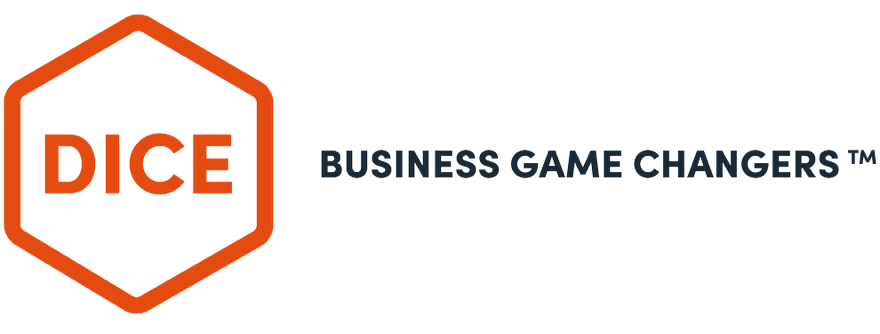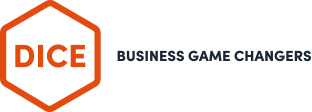Call us on: 01244 478692
Business consulting, mentoring, and coaching explained
Business consulting, mentoring, and coaching explained.
At DICE, we often get asked whether we are coaches, consultants, or mentors. In actual fact, we move between these three roles all of the time, but we know that understanding the differences between the three types of support can be confusing, so in this blog, we are going to demystify and explain them in turn so that you can understand which one best suits your organisational needs and objectives.
Business Consulting:
Business consulting involves engaging with a professional who provides expert advice and solutions to specific business challenges. Consultants are specialists in their field, armed with extensive industry knowledge and experience. They diagnose problems and offer tailored recommendations to achieve desired outcomes. Consultants often work on a project basis, focusing on strategy development, process improvement, or organisational restructuring. Their primary role is to provide expertise, drive change, and support an organisation in delivering measurable results.
Mentoring:
Mentoring is a relationship-based approach that focuses on personal and professional development. A mentor, typically a seasoned professional, acts as a trusted advisor and guide. They share their knowledge, experiences, and insights to help mentees navigate their career paths, overcome challenges, and achieve their goals. Mentoring relationships are built on mutual trust, respect, and shared values. Mentors offer guidance, provide support, and serve as role models, helping mentees develop skills, expand their networks, and gain self-confidence.
Coaching:
Coaching is a transformative process that facilitates personal and professional growth. Coaches work with individuals or teams to enhance performance, unlock potential, and achieve specific objectives. Unlike consultants and mentors, coaches do not provide direct advice or solutions. Instead, they ask powerful questions, actively listen, and facilitate self-reflection. Coaches support clients in clarifying goals, overcoming obstacles, and developing strategies for success. Through a collaborative partnership, coaches empower clients to tap into their own wisdom, leverage their strengths, and make sustainable changes.
The key differences between each intervention can be explained in four ways:
- Focus:
- Consulting focuses on providing expert advice and solutions; mentoring emphasises guidance and experience sharing; and coaching centres on personal growth and empowering clients to find their own solutions.
- Expertise vs. Experience:
- Consultants offer specialised expertise, mentors bring their vast experience to guide mentees, and coaches facilitate self-discovery and learning.
- Solution-Oriented vs. Development-Oriented:
- Consultants focus on solving specific problems and delivering results, mentors focus on personal and professional development, and coaches focus on empowering individuals to achieve their goals.
- Direct Advice vs. Self-Reflection:
- Consultants provide direct advice and solutions, mentors share their perspectives, and coaches facilitate self-reflection to help clients find their own answers.
- Timeframe:
- Consulting engagements are often project-based, and time-limited, mentoring relationships are typically longer-term; and coaching engagements can vary in duration based on the client’s needs.
In summary, consulting provides expert advice and solutions, mentoring offers guidance and experience sharing, and coaching focuses on personal and professional development. We hope you find these definitions useful. There is a time and place for each type of support, as each offers unique approaches to helping individuals and organisations in their quest for growth and success.
Whether you seek expert solutions, experienced guidance, or transformative growth, at DICE, we are ready to support you on your business journey. Get in touch to find out more: call us on 01244 667 191 or email us at [email protected].




